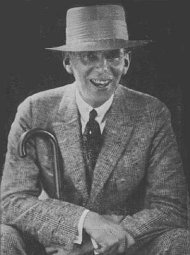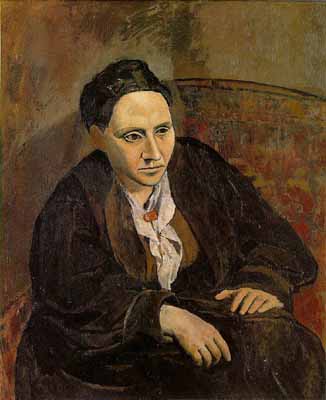The same Dr. Webb was on one occasion counsel for Peter Mulligan, who made an application before the Recorder of Dublin for a license for a public-house. The applicant was only twenty-five years of age, and the police objected on account of his youth.
‘He is very young for so responsible a position,’ quoth the Recorder.
Dr. Webb instantly rose to the occasion:
‘My lord,’ he said, ‘Alexander the Great at twenty-two years of age had–had crushed the Illyrians and razed the city of Thebes to the ground, had crossed the Hellespont at the head of his army, had conquered Darius with a force of a million in the defiles of Issus and brought the great Persian Empire under his sway. At twenty-three René Descartes evolved a new system of philosophy. At twenty-four Pitt was Prime Minister of the British Empire, on whose dominions the sun never sets. At twenty-four Napoleon overthrew the enemies of the Republic with a whiff of grape-shot in the streets of Paris, and is it now to be judicially decided that at twenty-five my client, Peter Mulligan, is too young to manage a public-house in Capel Street?’
The license was hurriedly granted.
— Matthias M’Donnell Bodkin, Recollections of an Irish Judge, 1915




